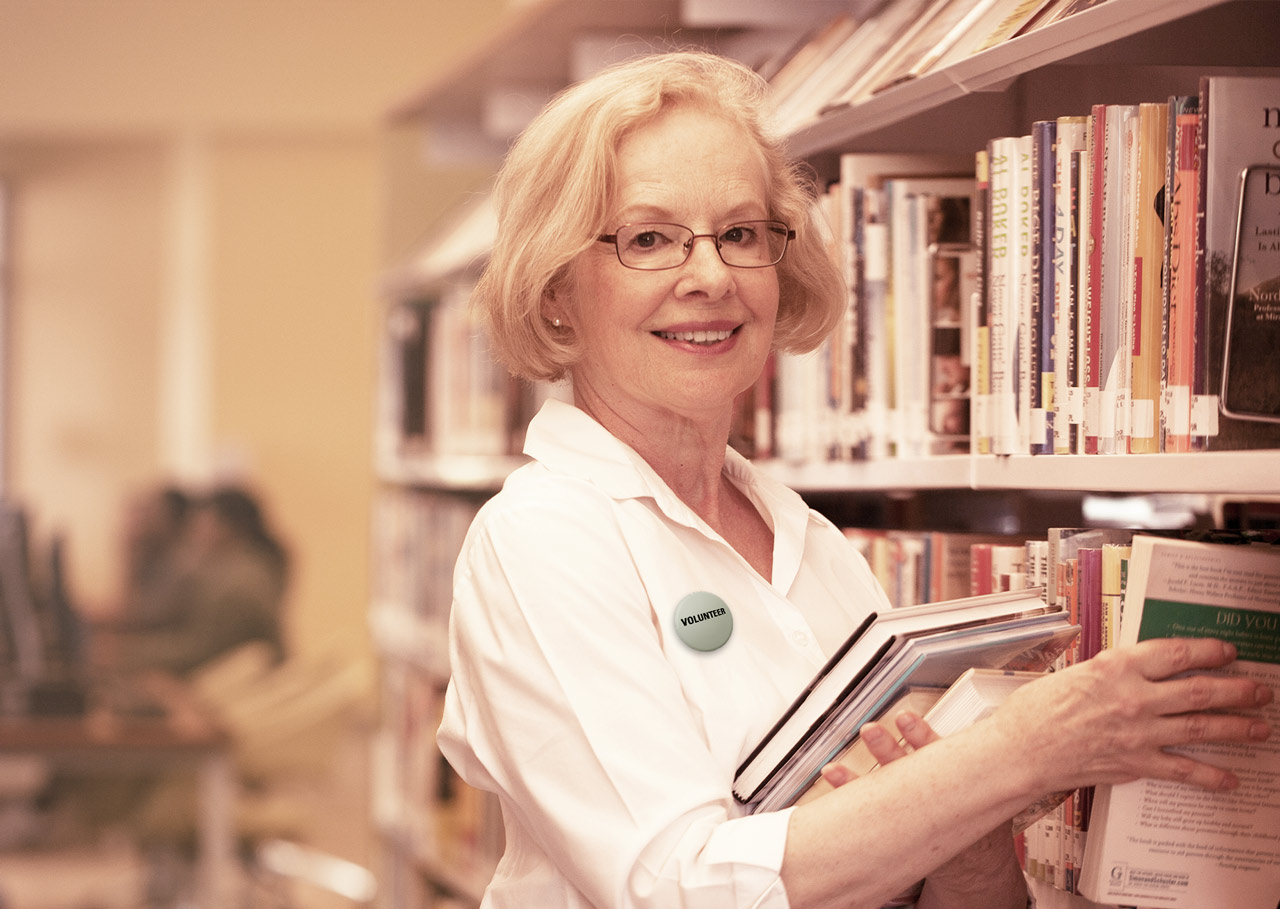“When you think about retiring, you think about travelling, having the time to do all the things you do not have time to do while working,” says Jamie Winters, LCSW, Senior Primary Therapist at Penn Medicine Princeton House Behavioral Health. “The truth is, you are only going to do so much travelling and you will still have many hours to fill beyond doing the things you did not have time to do while employed. In the beginning, retirement can seem great, but then reality sets in and you may enter a period of grieving.”
Plan Ahead
Preparing ahead for this new phase of life is important. The key is to recognize what needs work fulfills in your life and establish new ways to have those needs met.
“You still want to feel like a productive member of society,” says Winters. “You want your social and intellectual, and, if needed, financial needs met. All in all, you want to have a reason to get out of bed and moving every day. Remember, an average retirement can last 20 years!”
Winters offers the following tips to making a smooth transition to retirement:
- Think of each day as having three parts—morning, afternoon, and evening—and plan something specific for each part.
- Explore volunteer opportunities to fulfill social needs, or get involved with a senior center or other group.
- Enroll in an adult school or college class to learn something new. Some colleges offer free opportunities to audit some classes. You can also keep learning through engagement in courses and activities at local libraries.
- Consider a part-time job for extra money, social interaction, and a regular routine.
- Establish a routine for spending time being physically active, including time outdoors.
- Find both indoor and outdoor hobbies so you can remain social and structured year-round.
“It’s important to keep your body and mind active in retirement,” says Winters. “Preparing ahead can help make this time of life a great adventure.”
Princeton House Can Help
If you or a senior you know is suffering from depression, anxiety, or other mood disorders that interfere with daily living while entering this new phase in life, Princeton House’s Senior Link program may be able to help. Participants attend between nine and 30 hours per week and participate in group-based therapy, with individual sessions with a psychiatrist and therapist. Senior Link services are available through Princeton House’s Hamilton, Moorestown, and Princeton locations, in person and via telehealth.

